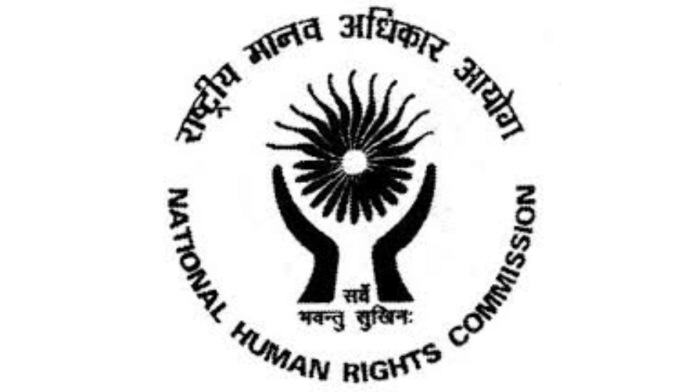New Delhi: The National Human Rights Commission (NHRC) held an open house discussion on 6 January, focusing on the rights of manual scavengers and the ongoing practice of manual cleaning of sewage and hazardous waste in the country.
NHRC chairperson Justice (Retd) V. Ramasubramanian, expressed concern over the continuing deaths of sanitation workers despite legal provisions aimed at eradicating the practice. He emphasised the need for a pilot project utilizing technology, such as robots, for cleaning sewer lines and septic tanks. This pilot project would initially be implemented in one state with the potential for replication across the country.
Justice Ramasubramanian stressed the need to study and understand the causes of these deaths in order to suggest effective remedial measures.
NHRC secretary general Bharat Lal highlighted the Commission’s efforts to monitor the implementation of mechanized cleaning processes by various states. He noted that while some states have developed plans in line with Supreme Court guidelines, the issue of manual scavenging persists, disproportionately affecting certain castes and communities. He also mentioned that various states have developed three-year programmes for all Urban Local Bodies under guidelines set by the Supreme Court in Dr Balram Singh v/s Union of India & Ors.
The discussion, held in hybrid format at the NHRC premises in New Delhi, saw participation from representatives of various ministries, state governments, NGOs, human rights defenders, UN agencies, private organizations, and research scholars.
Discussions centered around three key themes: addressing deaths in septic and sewer tanks, the need for a complete ban on manual scavenging, and rehabilitation measures for manual scavengers.
Key suggestions emerged from the discussion included: improved representation and ground-level monitoring for effective welfare implementation; conducting surveys to better understand the implementation of rehabilitation programs and minimum wage enforcement; a clearer distinction between sanitation workers and manual scavengers in the 2013 Act; incentivizing mechanization and providing training for sustainable livelihoods, particularly empowering women-led self-help groups; ensuring transparency in manual scavenging data, sewer death reporting, budget analysis, and awareness campaigns under the Swachh Bharat Mission (SBM) and Namami Gange (NAMASTE) schemes; capacity-building training for those involved in manual scavenging and sewer cleaning; providing financial assistance to innovators developing technological solutions for hazardous waste cleaning; regulating the de-sledging market; providing safety gear and conducting awareness workshops; and establishing a monitoring mechanism to identify manual scavengers for access to health insurance, education, and other benefits.
The NHRC said in a statement that it will consider these suggestions and formulate recommendations to ensure the effective implementation of existing legal and policy provisions, addressing gaps, and ultimately putting an end to manual cleaning of hazardous and sewage waste while ensuring the proper rehabilitation of those affected.






